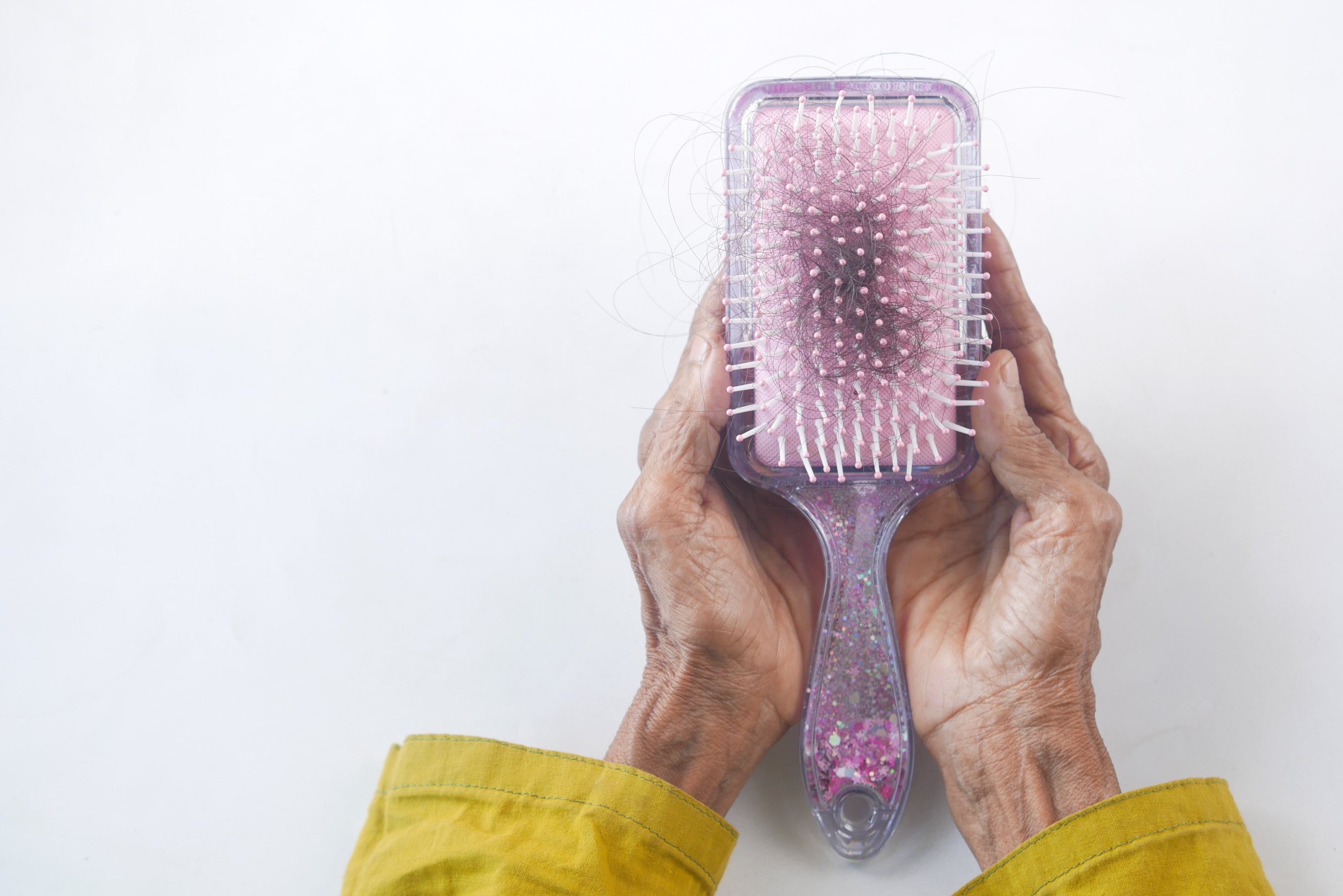Last Updated on: 30th May 2023, 05:17 pm
If you give your hair and scalp health a lot of thought, you’ve undoubtedly heard of a trichologist. You may have thought about seeking advice from a skilled specialist if you have concerns about the health of your hair or scalp in general or suffer from hair loss, hair breakage, alopecia, thinning hair, or any other condition.
To handle your hair growth, though, should you visit a dermatologist or trichologist? What exactly does a trichologist do?
What is a trichologist?
A trichologist is an expert in hair and scalp problems, to put it simply they are hair doctor. The term “trichology” refers to the study of hair and scalp conditions, including any potential medical issues that may be related to this region. Trichologists investigate the human hair and scalp through both biological and chemical lenses in order to comprehend how healthy hair development functions on both a mechanical and chemical level. Trichology is essentially the study of hair and all of the issues that can arise from it, including the most prevalent: hair loss.
In order to diagnose and treat hair and scalp issues, including hair loss, a professional trichologist has received training in hair health and wellbeing. Trichologists also study hair products that you may buy or have applied to you in a hair salon. They are completely knowledgeable about hair, including the cycles of hair development, and they are aware of how hair health functions holistically from the outside in. They’ll work with you to comprehend the overall picture of your hair health and create a treatment strategy that will provide your hair with the nutrients it needs to flourish.
First Visit to a trichologist
The initial consultation with a trichologist may take a little longer than the subsequent ones since the expert does what is known as a “trichologist diagnostic,” which is a type of “background survey” of hair. Then, a trichologist produces a patient chart by filling out a unique form that was created by an institute (a medical chart). This document makes it easy to quickly respond during the whole hair conditioning and healing process, making it feasible to track the success of a treatment.
You must be well-prepared for your first visit in order for the examination to be reliable. This implies that you shouldn’t wash your hair at least a day before the scheduled appointment so that the expert can evaluate the function of your sebaceous glands and the degree of keratinization of your skin. Additionally, you should avoid using any hair styling products (hair sprays, mousses, gels, etc.). Last but not least, wait to see a trichologist before dyeing your hair. However, if you truly want to colour your hair, you can do it as long as you wait until a few weeks before the appointment.
When to visit a trichologist?

Just as you go for a dental check up every 4-6 months, you should make a visit to the trichologist every 6 months at the minimum. ‘Cos prevention is better than cure, right? Isn’t that something we have heard and learnt since we were kids?
A few reasons why people should visit a Trichologist:
- Itchy and flaking scalp: Build up on the scalp can cause excessive dandruff, irritation and a few red spots to appear. This can cause the scalp to become dehydrated and can make the hair fall. Consulting a doctor can help get itchy and flaking scalp under control.
- Hair thinning: Makes everyone feel very conscious of their appearance when it can be visually noticed in hair. It affects the whole head the patterns of thinning vary in men and women.
- Hair fall: Usually a common problem among men and women should be addressed by consulting a hair specialist. It is necessary to understand the reason behind hair fall and how to stop it. A few changes in diet and in how hair is being taken care of can help solve the issue.
- Balding: Bald spots are quite noticeable and can be embarrassing at times, which shouldn’t bring your spirits down. A lack of nutrition in diet and other factors such as hereditary history can also be the reason for bald spots to appear.
What questions does a trichologist ask?
A trichologist will undoubtedly inquire about the cause of your appointment, or more specifically, what worries you. Also, the professional will ask you to outline the worrying signals you have seen. Consider the following additional queries:
- inquiries regarding hereditary illnesses
- inquiries regarding illnesses you’ve had and medications you’ve taken
- inquiries regarding your haircare regimen (washing, applied cosmetics, way of hair drying, styling, dyeing)
- dietary habits and regimens you now follow or have previously followed
- inquiries about your mental and emotional state (e.g. whether you have been stressed or worried lately and your sleep quality)
- inquiries pertaining to contraception and other issues with your hormone system
Is a visit to the expert worthwhile?
A trichologist office visit may seem necessary once you understand that you are unable to manage any hair condition since trichologists deal with quite significant issues affecting the scalp and hair. It’s important to keep in mind that a trichologist’s ability to assist us will rely on how many specific details we provide him with at the initial consultation.
By choosing suitable, sensitive, and natural products to treat hair with, many conditions related to the condition of the scalp and hair may be treated at home. Hair oiling frequently proves to be really beneficial. To get a professional definition of the scalp condition and hair porosity level, it is still a good idea to visit a trichologist. This allows us to increase the effectiveness of natural oils and hair shampoos.







